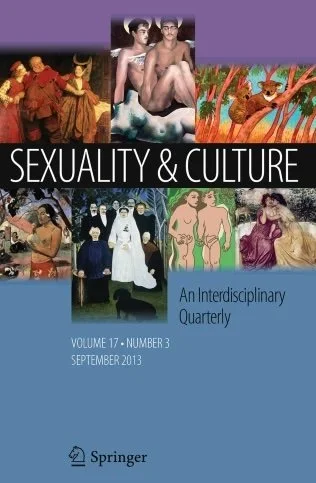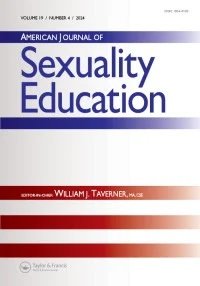Interested in the research on purity culture ?
Here are a few places to get started reading.
Essential Academic Reading
(If you are looking for non-academic reading, check out this list.)
Books
Follow our links to Bookshop.org to support your local bookstore or check and see if your local library offers these titles!
Donna Freitas
First published in 2008, this book examines what college students think about sex, dating, religion, and spirituality. Based on face-to-face interviews with students across the country, Sex and the Soul achieved national acclaim, illuminating then-unexplored struggles of college students navigating the lines of faith and sexuality.
Sara Moslener
Sara Moslener's investigation reveals that purity work over the last two centuries has developed in concert with widespread fears of changing traditional gender roles and sexual norms, national decline, and global apocalypse. By asserting a causal relationship between sexual immorality, national decline, and apocalyptic anticipation, leaders have shaped a rhetoric that positions protestant evangelicalism as America’s salvation.
Monique Moultrie
Moultrie explores the impact of faith-based sexual ministries on black women's sexual agency. Advancing a womanist sexual ethics, Moultrie reframes biblical interpretations and conceptions of what constitutes a healthy relationship, calling on black churchwomen to experience responsible and life-enhancing sex.
Articles
These academic journal articles have served as guiding lights for us.
Owens, Hall, and Anderson, 2020
“Results demonstrated that endorsement of purity culture was related to increased endorsement of rape myths and increased likelihood of labeling marital rape and acquaintance rape as consensual sex.”
Gish, 2018
This article describes and analyzes the rhetorical harms of the conservative Christian sexual purity movement in the United States. Despite the rhetorical focus on the danger associated with sexual interaction prior to heterosexual marriage, there is no evidence that sexual purity teachings produce meaningful public health outcomes or changes in sexual behavior.
Klement and Sagarin, 2017
“Content analysis of both mixed-gender and women-directed Christian dating books revealed themes such as: the belief that sex devalues women…sex should only be for procreation; women are responsible for sexual violence that men perpetrate; women should expect and accept sexual violence as a normal part of life; and women who are not submissive should be derogated.”
Elia and Eliason, 2010
“The majority of this article deals with how sexuality education, particularly since so many abstinence-only-until-marriage-until marriage programs have received federal funding since 1996, has discriminated against sexual others (those who do not identify as heterosexual). We provide an analysis of school climate and the consequences of the lack of positive attention to LGBTQ issues and individuals in schools.”
Michael, 2018
“The article argues further that the case of white evangelical modesty culture offers an example of Foucault’s concept of the “soul” and the micro-physics of power that produce it, something that has been overlooked by the literature’s focus on the role of the state and corporations in surveillance.”
Natarajan et al., 2022
Framed by critical race feminism and intersectionality, we examined the lived experiences of nine Women of Color impacted by evangelical purity culture, revealing the nuanced ways in which gendered racism and white idealization influenced participants’ alliance to and embodiment of their intersecting racialized and gendered identities.
Anthea Butler
Purity culture is rooted in evangelicalism, which is rooted in the theology of slave holders in the US south. So, while this book is not directly about purity culture, it is essential reading for understanding how and why purity culture is inherently white supremacist.
Christine Gardner
Christine J. Gardner looks closely at the language of the chastity movement and discovers a savvy campaign that uses sex to "sell" abstinence. Drawing from interviews with evangelical leaders and teenagers, she examines the strategy to shift from a negative "just say no" approach to a positive one: "just say yes" to great sex within marriage.
Amy DeRogatis
In Saving Sex, Amy DeRogatis pushes back against the myth of evangelicals as broadly anti-sex and shows that many American evangelicals claim that fabulous sex, within the confines of heterosexual marriage, is a divinely-sanctioned, spiritual act.











